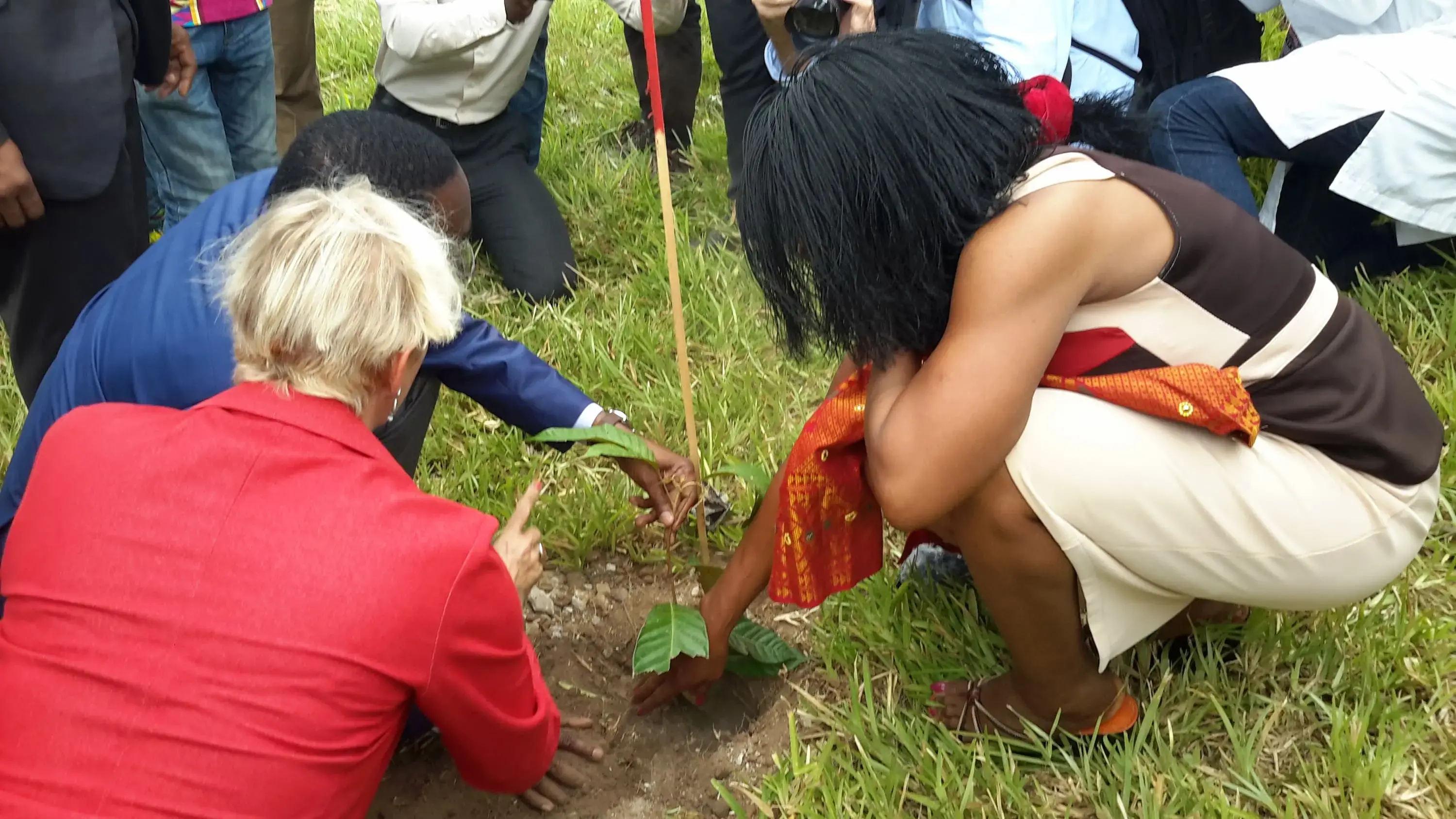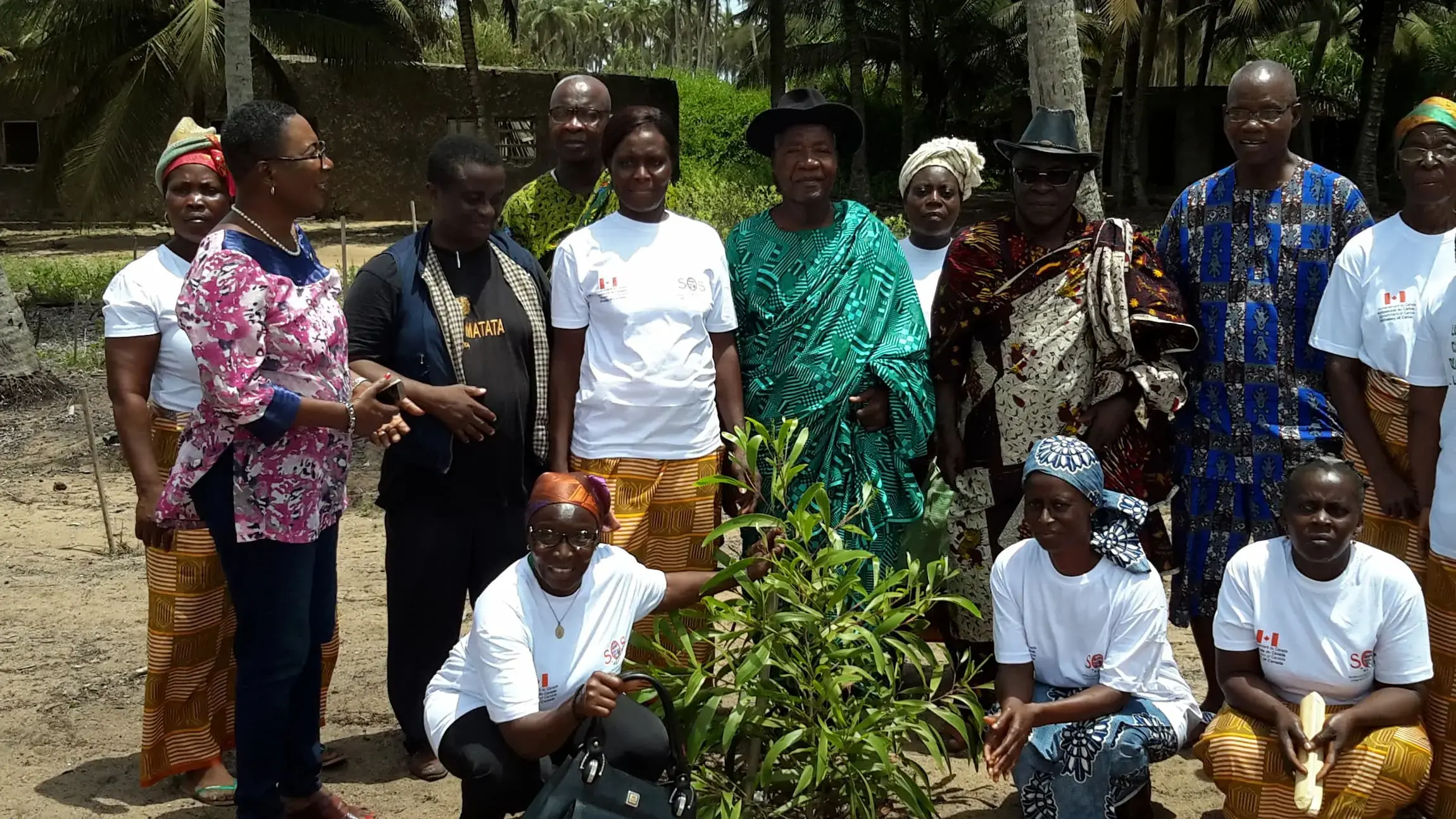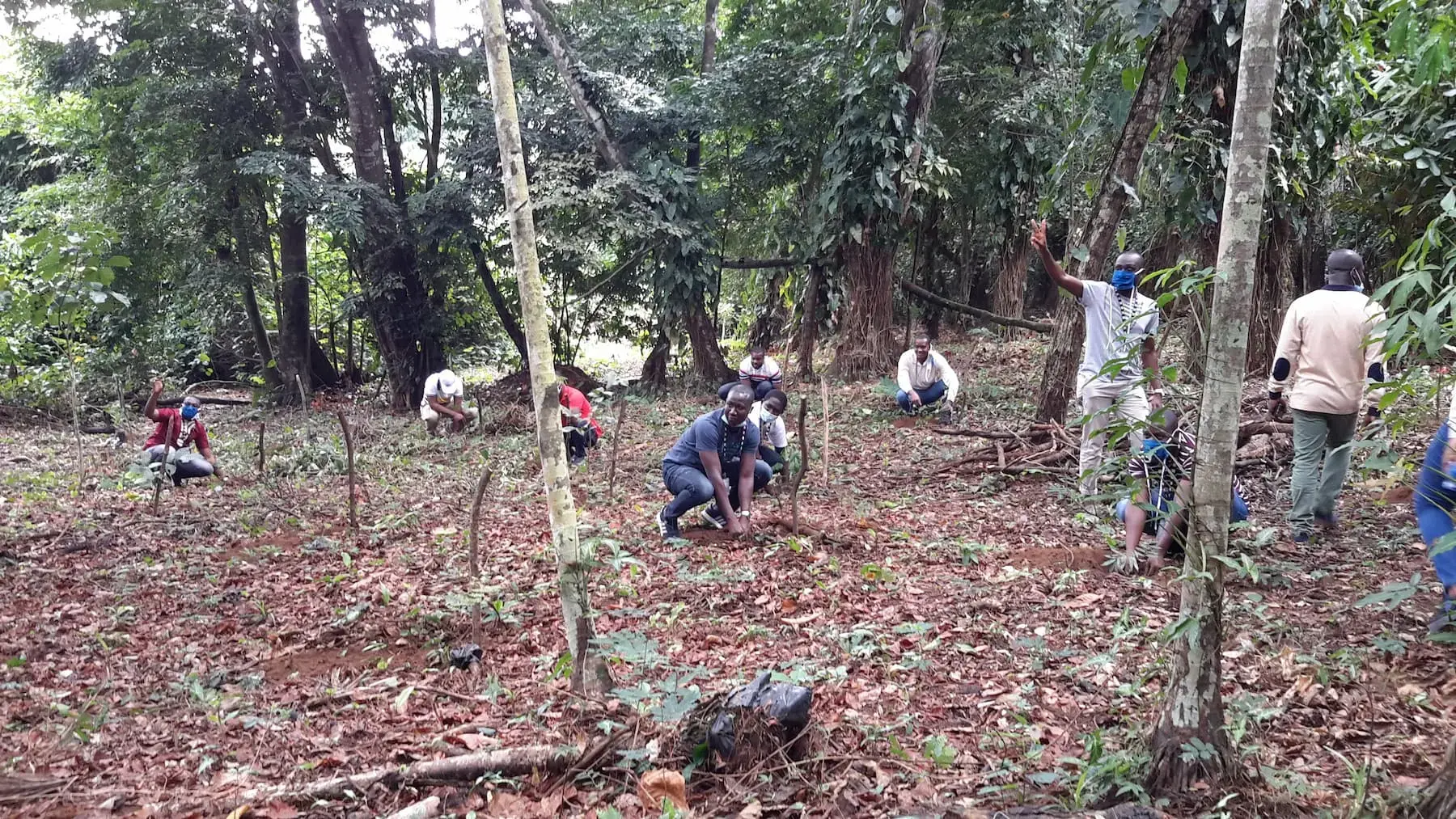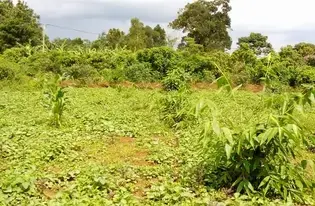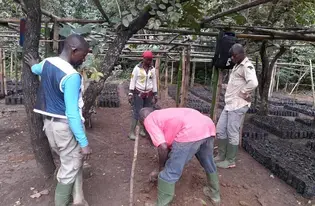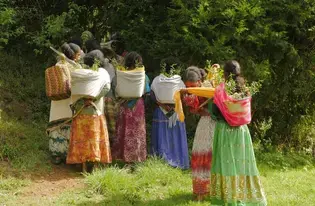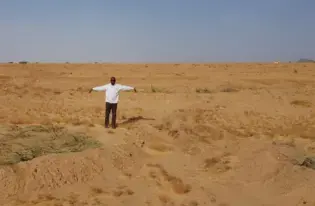SOS-Forêts has embarked on a journey to restore forests in Côte d’Ivoire, which has lost more than 12 million hectares of forest since the 1990s. Tehe Narcisse, the executive director of this local organization, believes people often attack biodiversity or destroy the ecosystem because they lack education. By educating people and carrying out reforestation projects, SOS-Forêts are reserving decades of damage to the country’s ecosystems. “If we better educate the population and give them the means of subsistence or help them to create additional sources of income, surely, we will be able to preserve the biodiversity,” he says.
To expand their work, SOS-Forêts received a grant from TerraFund for AFR100, an initiative of World Resources Institute, One Tree Planted, and Realize Impact that finances Africa's top restoration enterprises and projects, which will help them restore tree cover in the Kouibly District in western Côte d’Ivoire. The project will reward communities that grow trees to combat soil erosion and improve water quality. This work will enable more people to stay rooted to their ancestral lands. People who have benefited from planting trees say they are reaping benefits and have entirely shifted their mindset, according to Miehi Charles, one of the community’s leaders. “We are thankful to SOS-Forêts for providing us with cocoa trees. We planted them, and now we are harvesting and improving our lives,” he says.
He adds that his parents’ generation did not take care of the land, and it had started degrading the soil. But since he started working with SOS-Forêts, they learned how to take care of the forests and their lands. “Our projects will enable the community to get revenues from activities that do not ham ecosystems. If the ecosystem is protected, there will be not destruction, and it will be a win-win for both sides,” Charles says.
For Narcisse, restoring Africa requires the joint participation of the government and the community. He says that with more awareness and knowledge within local communities, they can more actively participate in the management of their natural resources and biodiversity. This work to restore degraded ecosystems and create community forests makes him confident that a green future is possible in Côte d’Ivoire. “We have resources, we have material. We have people who are smart, and we have all the means necessary for development. African governments need to sit down and think about how to find solutions for Africa. When the population also agrees to it, I really think it is possible,” he says.
